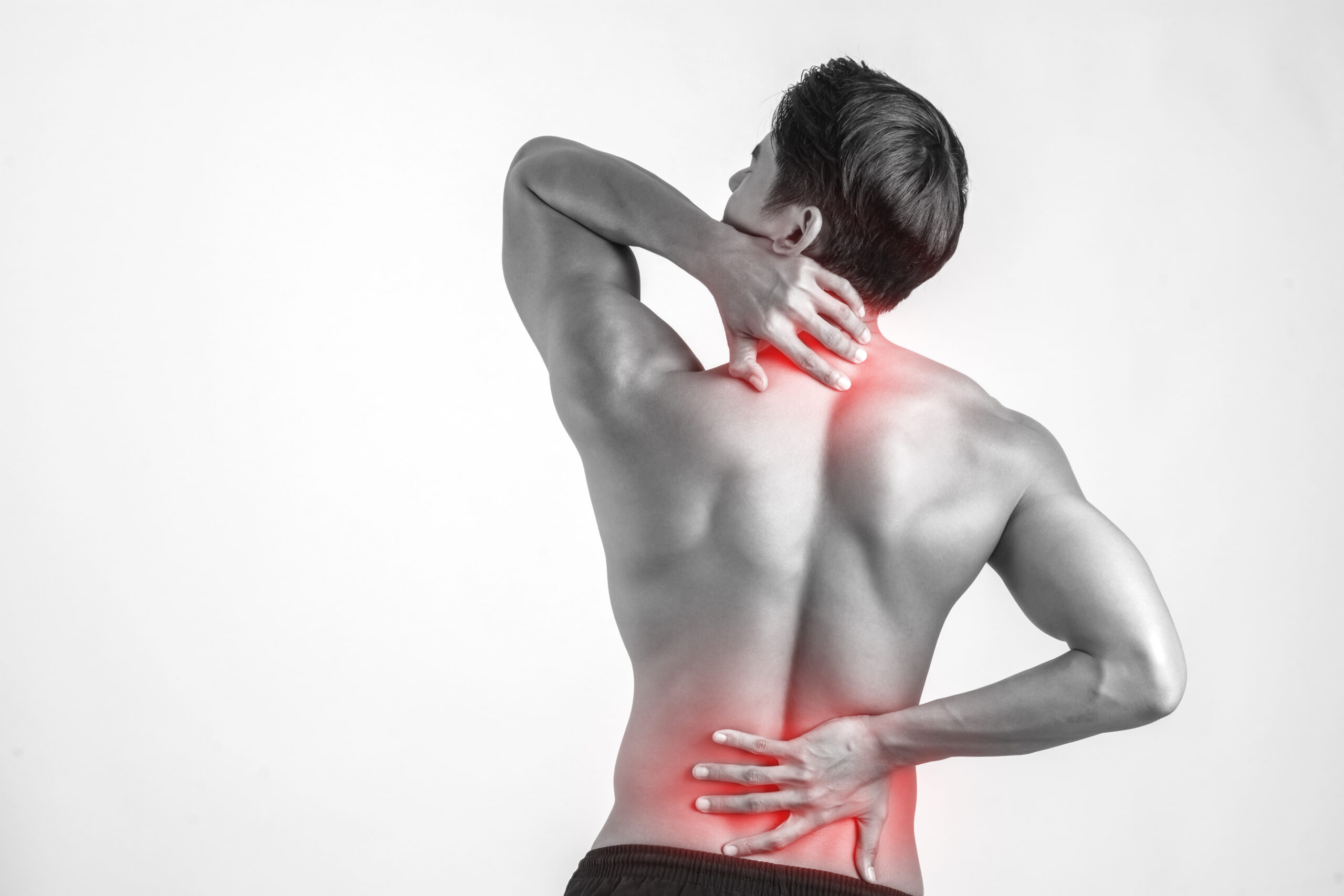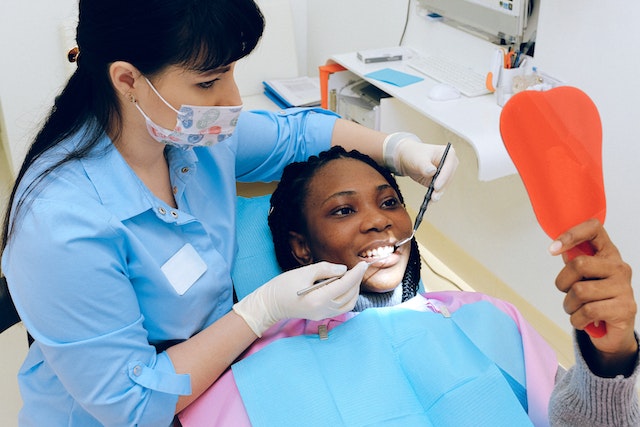Pain Rnder Ribs | The upper right quarter (RUQ) is the area of your body directly behind your right rib cage – one of four quadrants that make up your belly (abdomen).
Conditions that affect the organs situated here, such as the liver, right kidney, and gallbladder, might produce pain in this area.
This type of discomfort is typically not cause for concern, but it is vital to understand what is causing it and when to seek medical attention.
Pain below your ribs can be caused by issues with your digestive tract, such as GERD, indigestion, gallbladder disease, or constipation, or by problems with your lungs, such as pneumonia. You may also experience nausea, bloating, chest discomfort, coughing, or pain that worsens with inhalation.
Symptoms:
The severity of RUQ pain symptoms varies according to the underlying disease. The discomfort might be described as a dull aching or a strong stabbing feeling.
If you have had stomach aches for more than a few days, you should see your doctor and have your symptoms checked.
Some symptoms, however, may suggest a medical emergency. If you have any of the following symptoms, you should get medical attention right away:
- severe stomach aches
- fever
- chronic nausea and vomiting
- You have blood in your stool.
- abdominal swelling or soreness
- unaccounted for weight loss
- yellowish skin (jaundice)
Kidney Issues
Kidney disorders such as kidney stones, a urinary tract infection (UTI), kidney infection, or kidney cancer can all cause RUQ discomfort.
The following symptoms may accompany RUQ discomfort caused by a renal problem:
- Pain in the lower back or groin
- Painful urination.
- Foul-smelling urine.
- Frequent urination.
- Blood in the urine.
- Fever
- Pain in the lower back or groin, painful urination, foul-smelling urine, frequent urination,
- Make an appointment with your doctor if you experience RUQ discomfort and feel it is caused by kidney disease.
Gastrointestinal Problems:
RUQ discomfort can be caused by gastrointestinal problems including indigestion or gastroesophageal reflux disease (GERD).
GERD symptoms may include:
- recurring heartburn
- chest discomfort
- nausea
- vomiting
- a throat ache or burning feeling
- Maintaining a healthy lifestyle, avoiding trigger foods, and using antacid drugs can all aid in the treatment of GERD.
Constipation:
Constipation occurs when bowel motions become harder to pass and/or occur less frequently than usual and is frequent for brief periods. Constipation, on the other hand, can be a persistent issue for certain people.
It is typically induced by a low-fiber diet, a lack of hydration, and a lack of exercise.
- Pain in the abdomen
- Nausea
- Bloating
- Stool that is tough to pass
- Bowel motions are less frequent (generally, fewer than three a week)
The treatment for constipation:
- Consume more fiber-rich meals (such as fruit and vegetables)
- Increase your water consumption.
- Increase your physical activity.
- Establish a “bowel regimen” by attempting to have a bowel movement at the same time every day.
Indigestion:
Your eating habits can commonly cause heartburn (dyspepsia). It can happen if you eat too much or too fast, eat oily or spicy food, or consume too much coffee, alcohol, or fizzy drinks.
READ MORE: 15 Natural Methods For Lowering Blood Pressure
Smoking and anxiety can also contribute to indigestion. This illness can also be triggered by some drugs (antibiotics, pain relievers), as well as vitamin and mineral supplements.
- Upper abdominal pain, including pain below the ribs
- Feeling full after eating
- Nausea
- Bloating
What triggered your indigestion will determine how you cure it. If after two weeks you haven’t noticed any improvement, consult your doctor to rule out more serious diseases.
You might need to consume smaller, lighter meals more slowly.
- Avoid spicy and oily meals, caffeinated and carbonated beverages, and alcohol, as these might cause gastrointestinal irritation.
- Stop smoking.
- Try stress-reduction measures such as meditation.
- If you suspect that a medicine is causing indigestion, consult your doctor about switching to a different prescription that may be gentler on your stomach.
Ulcer:
An ulcer is a lesion that develops in the stomach or small intestine (duodenal ulcer). When the acids that aid digestion eat away at the lining of either organ, sores occur.
Some ulcers form as a result of long-term infection with the bacterium H. pylori. It’s unclear how H. pylori infections spread, although it might be through intimate contact (like kissing), water, or food.
- Upper abdominal pain, including pain below the ribs
- Bloating
- Inability to digest fatty foods
- Heartburn
- Nausea
Other ulcers are induced by taking specific drugs frequently. The most prevalent causes are nonsteroidal anti-inflammatories (Advil, Aleve, and indomethacin).
The cause of your ulcer determines your treatment. If H. pylori are to blame, you’ll be given antibiotics. If a drug you’re taking is to blame for your ulcer, your doctor will most likely reduce your dose or move you to a new medicine. They may also suggest drugs that block or lessen the amount of acid produced by your body.












